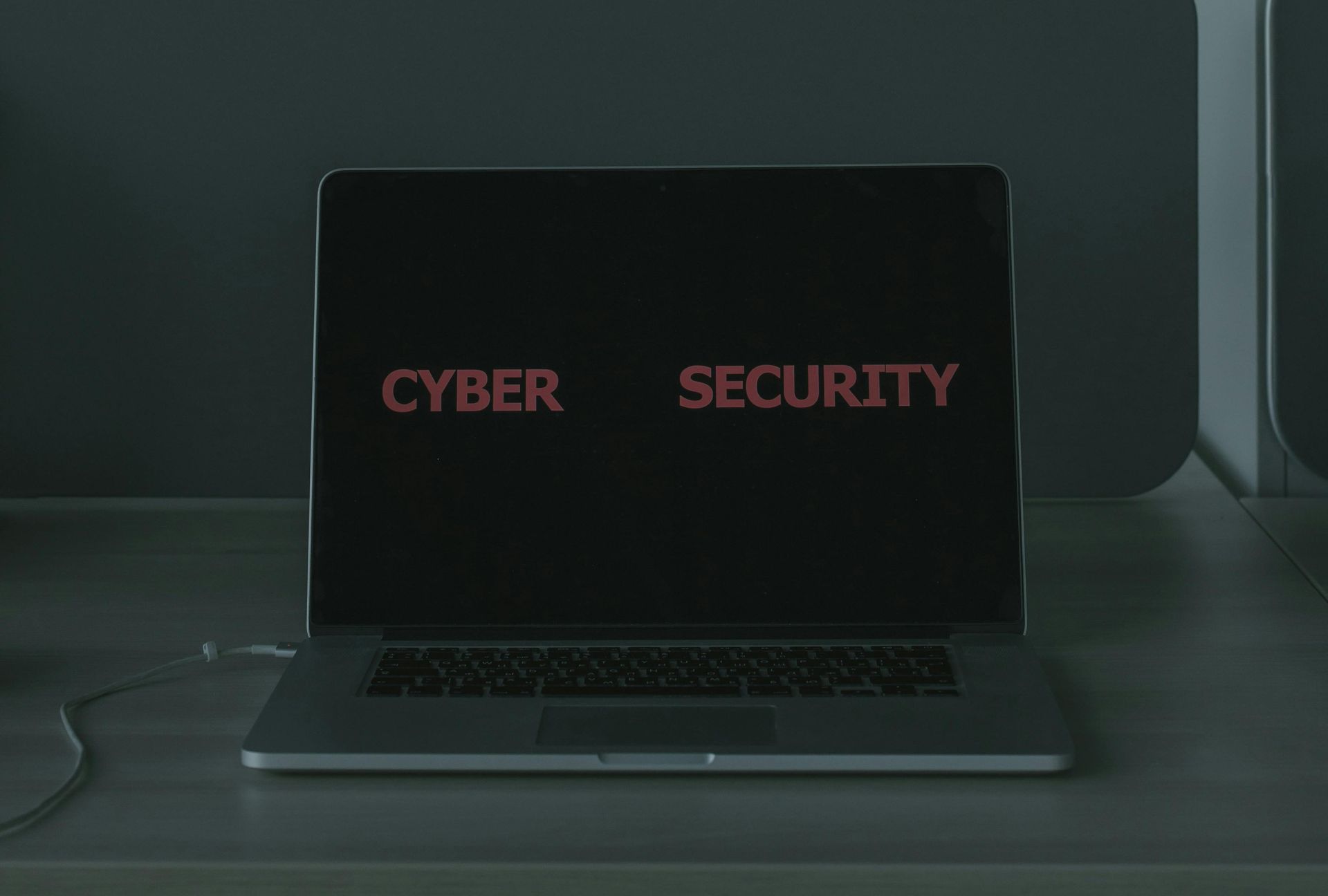10 Reasons Why Cyber Security Is Important?

10 Reasons Why Cyber Security Is Important?
As more organisations become technologically advanced and transform their businesses to digital platforms, the risk of cyber threats increases significantly.
According to IBM’s Data Breach Report 2023, the global average cost of data breaches is USD 4.45 million. Ransomware attacks tend to be more expensive, costing an average of USD 5.13 million.
Due to this reason, cybersecurity has become a vital concern for individuals, organisations, as well as for governments.
Cybersecurity involves practices and measures to protect your systems, networks, programs, and data from unauthorised access, misuse, and damage.
Let’s proceed toward the ten most important reasons why cybersecurity is important.

1. Protection of Sensitive Data
Regarding cybersecurity, the protection of sensitive data is one of the most crucial elements for individuals as well as for organisations. This sensitive data includes personal information such as Tax File Number (TFN), healthcare records, financial and any other information that is valuable to cybercriminals.
Data breaches expose this sensitive information to malicious actors and so the stolen information can be used to commit fraud, open accounts on someone else’s information (identity theft), or cause financial harm in one way or another.
In Australia alone, state and territory police detect up to 30,000 identity crimes (PDF) each year.
Therefore, to protect yourself from an increasing number of identity crimes you need to implement significant cybersecurity measures. This includes using strong passwords, secure browsing, and multi-factor authentication.
All these measures add an extra layer of security which makes it harder for criminals to gain unauthorised access and ultimately protects you from the catastrophic effects of identity theft.

2. Continuity of Business Operations
All organisations, regardless of their size, rely on information collected through their operations to make informed decisions and develop strategies for growth and improvement.
Therefore, they must protect their customer information, financial records, and proprietary data at all costs.
In case, if any of this information gets stolen, it can result in negative consequences that may lead to downtime and loss of productivity.
However, implementing strong cybersecurity measures such as firewalls, security audits, incident response plans, and backup strategies ensures continuity and maintains business productivity.

3. Protecting Financial Transactions
With the rise of online banking, purchasing, and digital payments, financial transactions have become secure — but also, prone to cyberattacks.
These financial transactions offer greater convenience, security, and efficiency that reduce the time and effort required to manage finances. However, this ease of access also provides opportunities for cybercriminals to steal money or financial data.
Hence, without proper cybersecurity measures, you are at risk of fraud and theft.
Fortunately, Secure Socket Layer (SSL) certificates and secure payment gateways protect all transactions and ensure the safety and privacy of financial transactions.

4. Intellectual Property Protection
Different sectors such as technology, web, or gaming industries invest a significant amount in research and development to create valuable intellectual property, which includes:
- Trademarks
- Logos
- Brand Names
- Inventions
Protection of these intellectual assets is critical as cyber attackers target them, causing financial loss and competitive disadvantage for organisations.
Cybersecurity helps organisations protect their valuable intellectual assets and innovative ideas and prevent competitors from using their original work without permission.

5. Compliance with Regulations
Various industries are subjected to strict data protection and privacy regulations regarding customer data.
In Australia, The Privacy Act 1988, and the Notifiable Data Breaches Scheme are the principal pieces of legislation for the protection of personal information and ensuring that the affected individual is being notified about the breach.
Similarly, the Health Record and Information Privacy Act 2002 (NSW) specifically governs the handling of health information.
Non-compliance with these regulations can lead to hefty fines and legal consequences.
Maintaining adherence to these standards requires strong cybersecurity measures that not only avoid legal penalties but also demonstrate the organisation’s commitment to ethical and responsible operations.

6. Protection Against Cyber Attacks
Many different forms of cyberattacks such as phishing and ransomware are spreading rapidly on a large scale.
Phishing involves sending fake emails that seem to come from a trusted source intent to obtain financial information such as login credentials or credit card details.
Ransomware, on the other hand, is a type of malware where the attacker restricts or completely blocks real users from accessing their system and demands a ransom to restore access.
According to National University Cybersecurity Statistics, over half of the respondents pay more than $100,000 in ransom. Such significant amounts cause financial harm and can cripple businesses.
To prevent your organisation from these rapidly growing threats you can have a good cybersecurity setup that includes a backup strategy, anti-malware tools, and employee training.

7. Enhancing Customer Trust
Brands rely on customer trust and loyalty for most of their business operations and sales growth, which can take years to build.
Customers expect that organisations will protect their personal as well as financial information and maintaining this trust is crucial to maintain the brand’s reputation. A single data breach severely damages this trust which results in customer loss and reputational damage.
Implementation of cybersecurity strategies in place demonstrates a brand’s commitment to protecting customer trust and promoting their confidence in your brand, thus encouraging long-term relationships.

8. National Security Concerns
Since the entire world is connected with the help of the internet and technology, cybersecurity has become a top priority even on a global scale.
Unprotected databases and networks of a country are vulnerable to attacks by other nations to steal sensitive information which then can be used to steal state secrets and implant terror.
Furthermore, cyberattacks on critical infrastructure such as power grids, transportation, and water supplies can have devastating consequences for any country.
Therefore, government agencies and critical infrastructure sectors must implement strict cybersecurity measures to preserve national security interests from being attacked.

9. Protection from Insider Threats
Insider threat is a perceived threat that is posed by individuals within the organisation, such as employees, former employees, contractors, business partners, and anyone else who has authorised access to the organisation’s data, system, or network.
They may intentionally or unintentionally misuse their access to harm the organisation. The harms may include fraud, intellectual property theft, and theft of confidential information.
Implementing various security protocols such as user behaviour analytics, access controls, data loss prevention, and regular audits prevent the risk of insider threats.

10. Stay Ahead of Evolving Threats
Cyber threats are continuously evolving with new techniques and attack vectors.
However, by adopting advanced measures like, regular software updates, and security patches, and educating employees about the latest threats you can remain strong and stay ahead of these sophisticated threats.
With that, let’s finish our discussion here and move towards the conclusion.
Conclusion
In this digitally transformed world, our reliance on cybersecurity is no longer an option but a necessity.
As cyber threats become more sophisticated, the importance of protecting sensitive data, ensuring business continuity, and protecting financial transactions cannot be ignored.
Cybersecurity measures play an important role in maintaining customer trust and compliance of an organisation with regulations.
Ultimately, strong cybersecurity practices are essential for individuals, businesses, as well as for governments to protect their digital assets and ensure the confidentiality, integrity, and availability of sensitive information.
Thanks for reading!
Regards,
The Cyberlutions Team.









